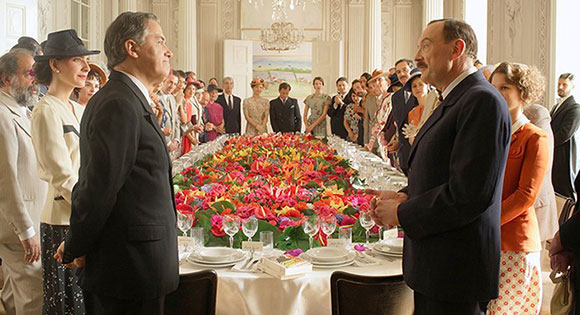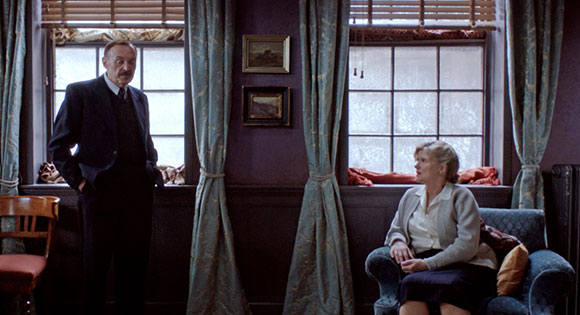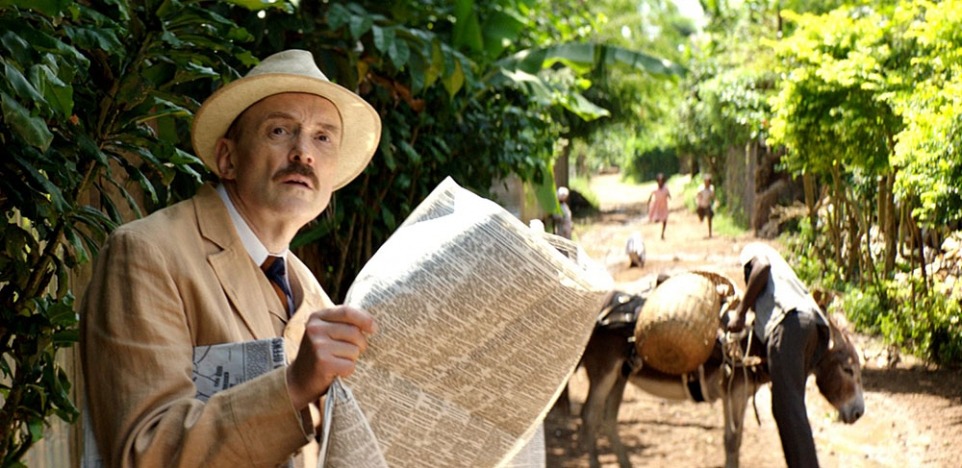This sober-minded and philosophical film revolves around the closing years in the life of Jewish-Austrian writer Stefan Zweig. Along with Thomas Mann, he was the most read German-language writer of the 1920s. Director Maria Schrader has divided this biodrama into five episodes and an epilogue mapping the famous author's painful and haunting exile between the mid-1930s and 1942.
In the first segment, Zweig (Josef Hader) attends an official banquet in Brazil where he tells those attending that he has made more friends while visiting their fair city than he made during all the years he lived in his homeland.

The next segment catches a more serious side of his survival tactics while in exile since 1934. Zweig is attending a 1936 Buenos Aires PEN international authors conference. Before the conference, a Jewish journalist asks him to make a statement against Hitler. Zweig refuses and then hails art as a vehicle for saluting human values rather than proclaiming political polemics. Afterwards, there are a number of fiery attacks by various writers on Hitler and fascism.
During a visit to Bahia State, Brazil, Zweig and his young wife Lotte (Aenne Schwarz) gaze upon a burning sugarcane field which seems to be a symbolic image of the slow destruction of Europe. A close and intense encounter with his ex-wife Friderike (Barbara Sukowa) centers on their discussion of ways to facilitate the liberation of friends from the winds of war.

It is interesting to compare this intense drama with Wes Anderson's light-hearted and playful film The Grand Budapest Hotel about a cavalry regiment serving on the frontier of the Hapsburg Empire during the same time frame. Stefan Zweig: Farewell to Europe is part of a revival of interest in Zweig that also includes a flurry of books. In a New York Times article, Edwin Frank, editorial director of New York Review of Books Classics, explains the reasons why this is taking place right now:
"I think it partly can be attributed to a larger interest in the disaster of the 20th century and taking its pulse. Zweig was both a chronicler of that world and a victim of the disaster, which makes him an intriguing figure."
